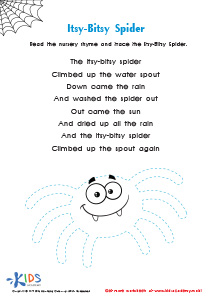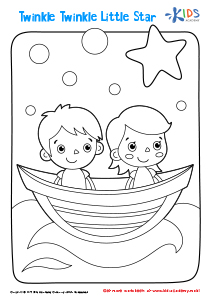Preschool Nursery Rhymes Worksheets
12 filtered results
-
From - To
Nursery Rhyme Worksheets Preschool
Introducing our Nursery Rhymes Worksheets collection for preschool children. These worksheets are designed to engage young kids in the fun world of nursery rhymes while simultaneously enhancing their cognitive and learning abilities. Our set includes a wide range of rhymes such as ‘Twinkle Twinkle Little Star,’ ‘Jack and Jill,’ and ‘Mary had a Little Lamb,’ among others. Through these pre-k printable worksheets, children can learn basic reading and writing skills, memory retention, and language development, all while singing and reciting their favorite rhymes. The worksheets come with interactive exercises and fun activities, making learning an enjoyable experience for kids. Get our Nursery Rhymes Worksheets collection today, and see your child excel in learning.
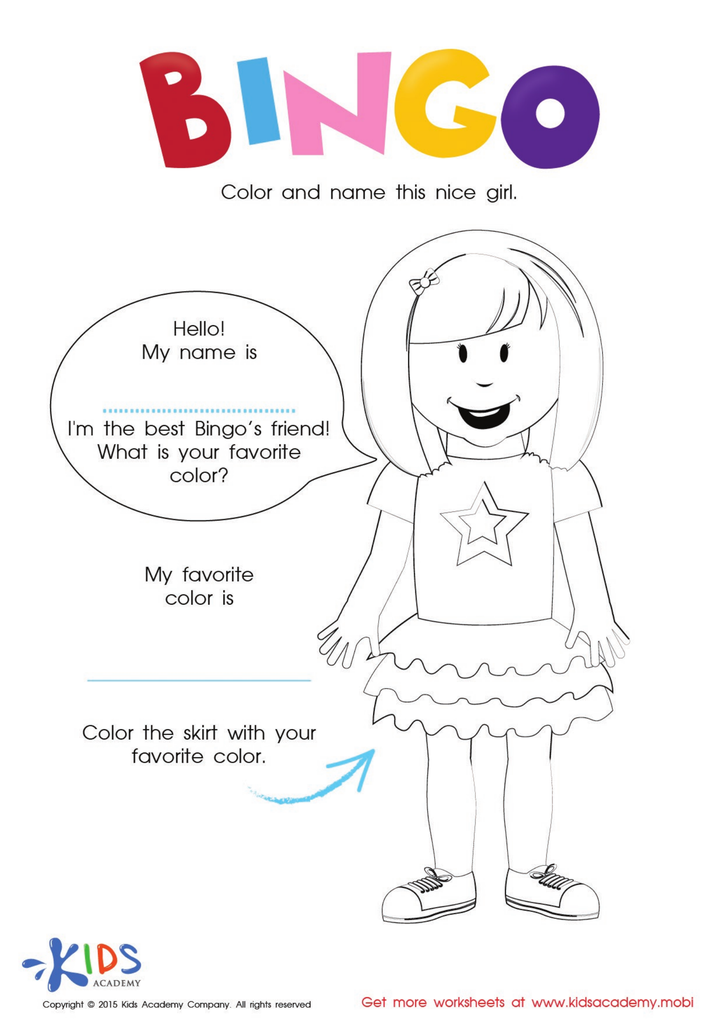

The Bingo Song: Coloring The Girl Worksheet
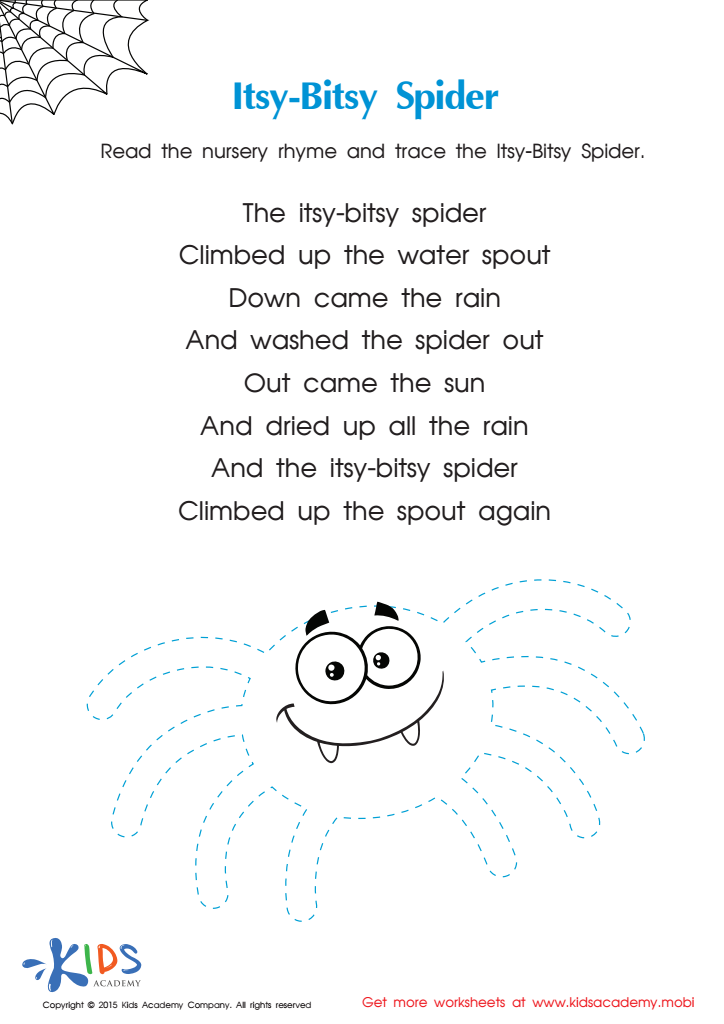

Itsy Bitsy Spider Nursery Rhyme PDF Worksheet
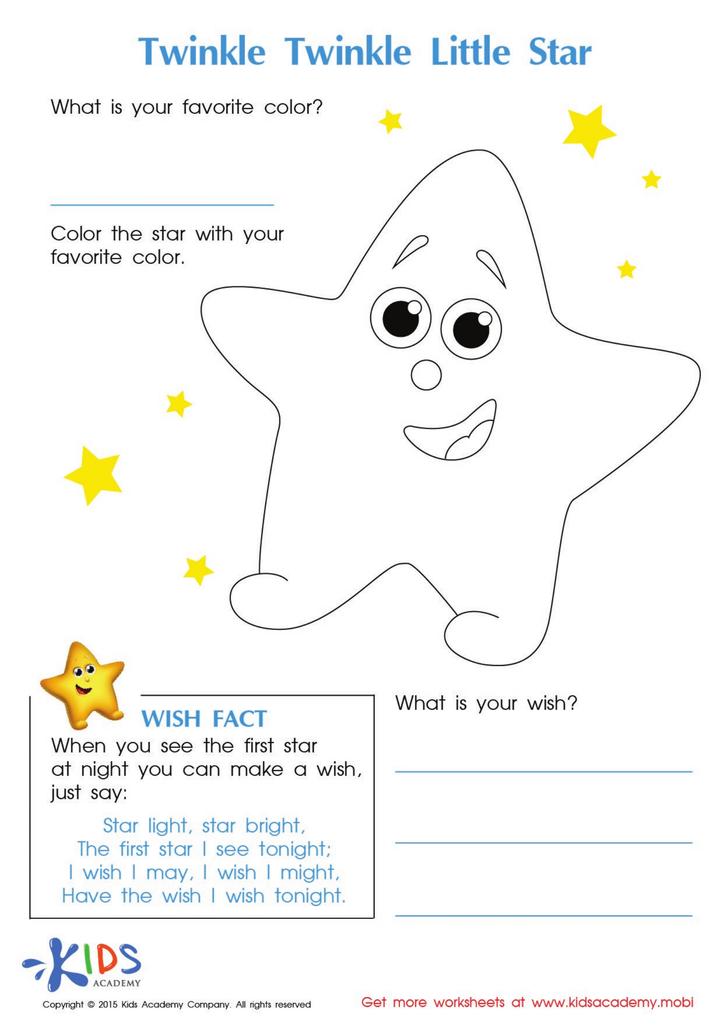

Twinkle Little Star Coloring Worksheet
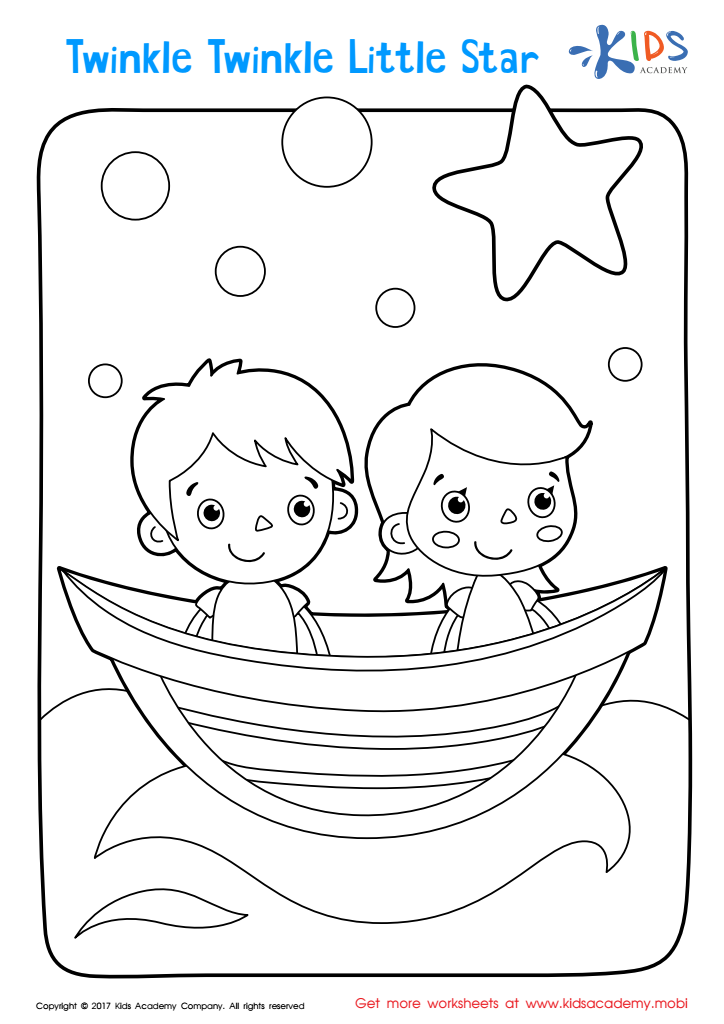

Twinkle Twinkle Little Star Coloring Page


The Five Little Monkeys Nursery Rhyme Worksheet
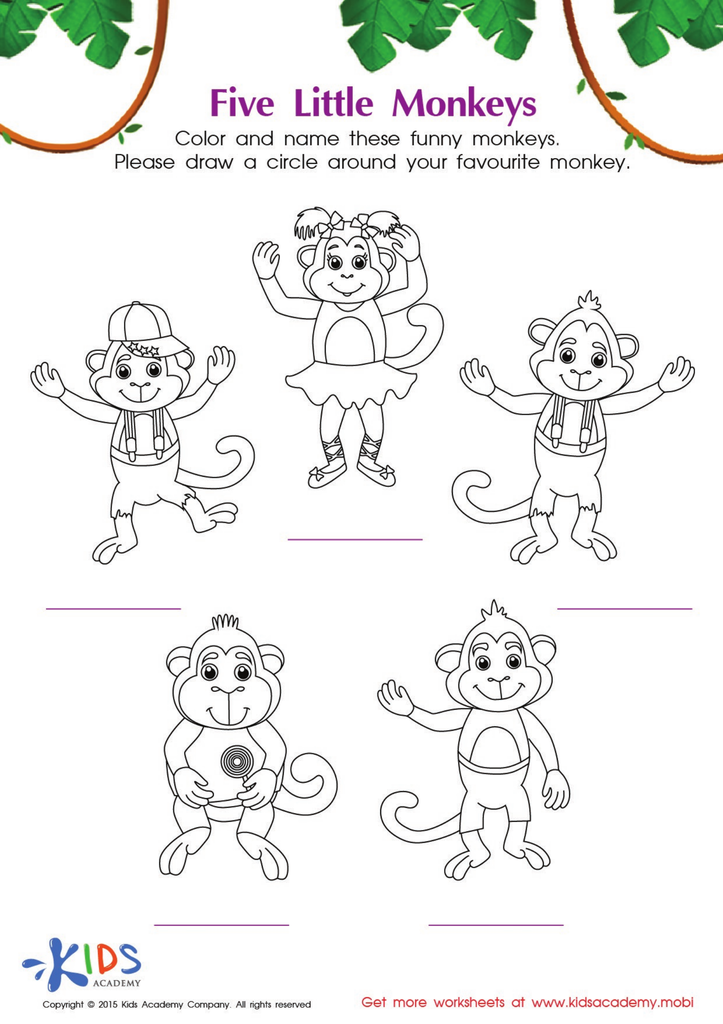

The Five Little Monkeys Coloring Worksheet
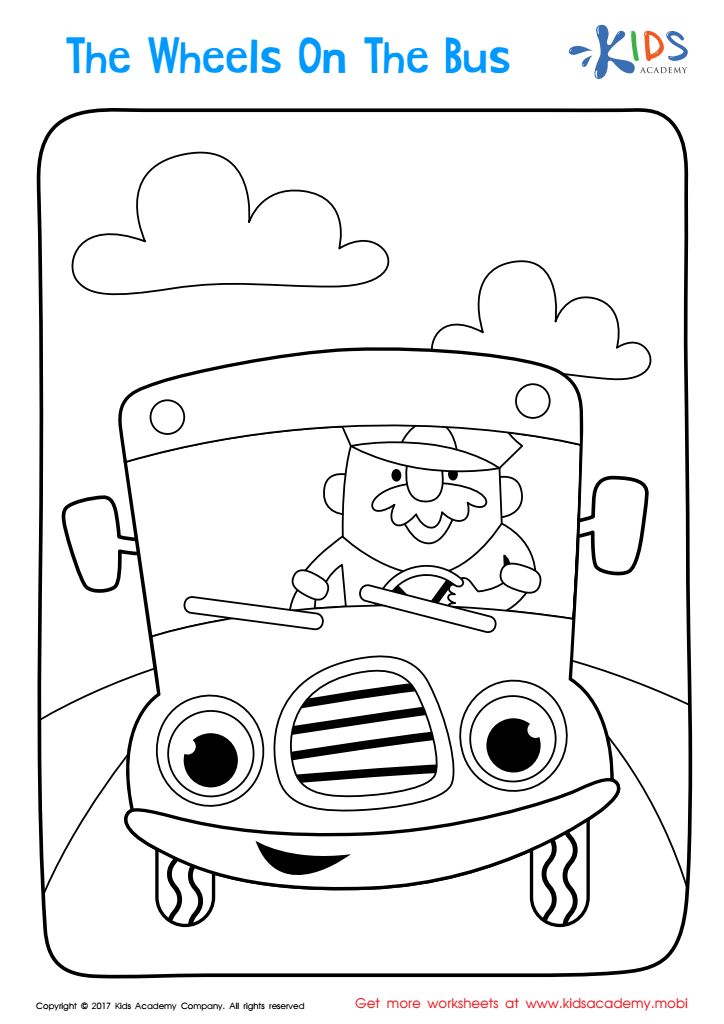

The Wheels on the Bus Coloring Page
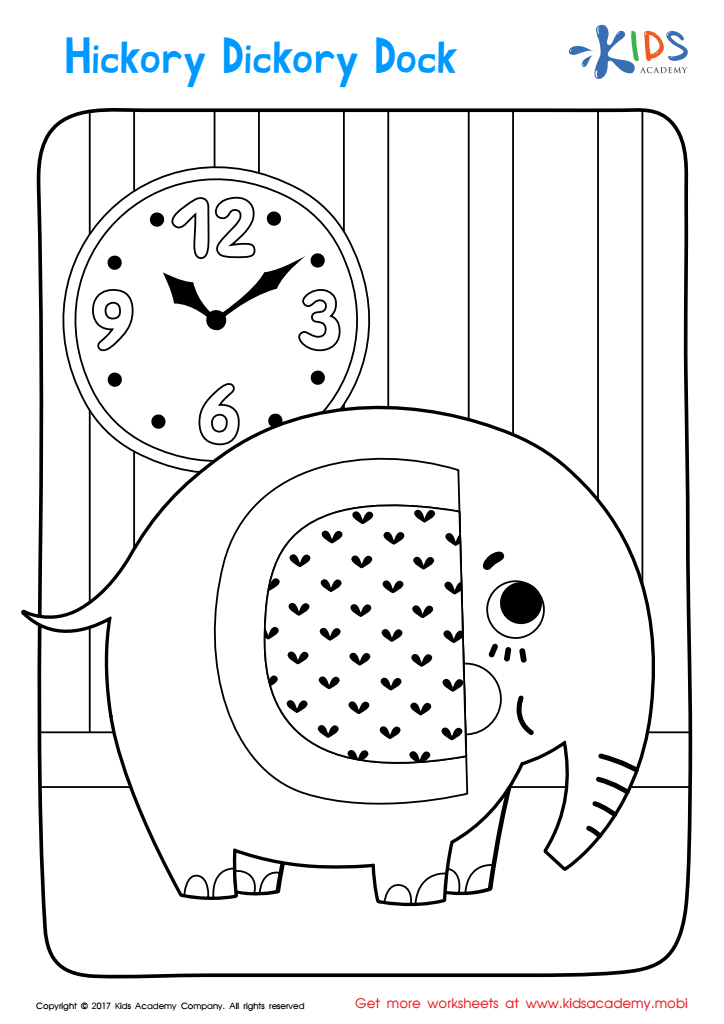

Hickory Dickory Dock Coloring Page
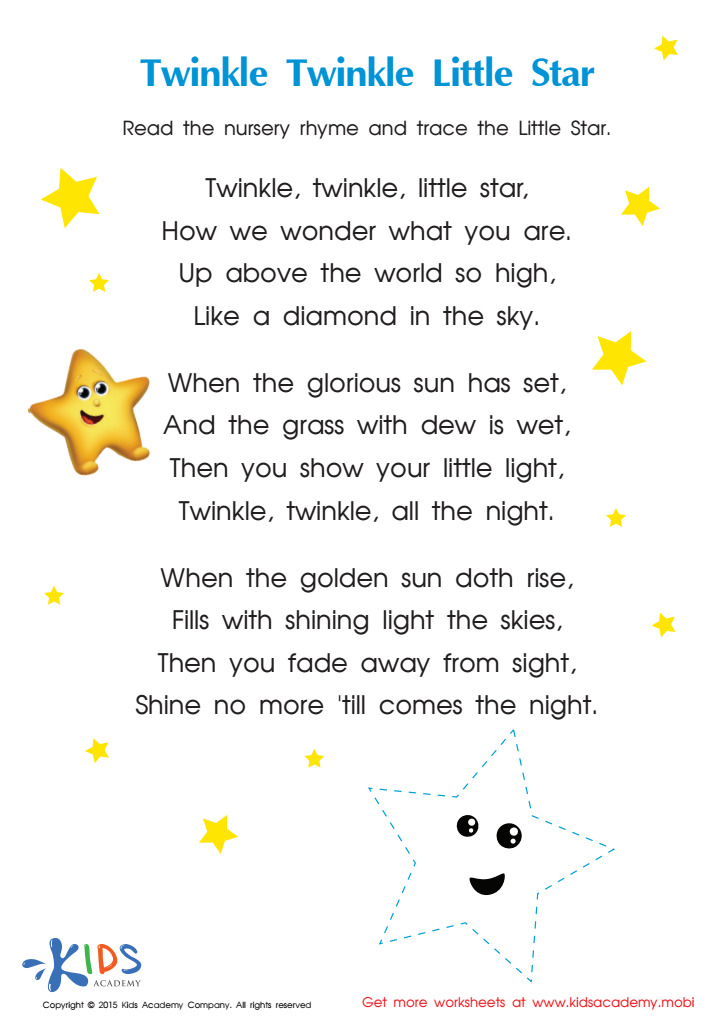

Nursery Rhymes: Twinkle Little Star Worksheet
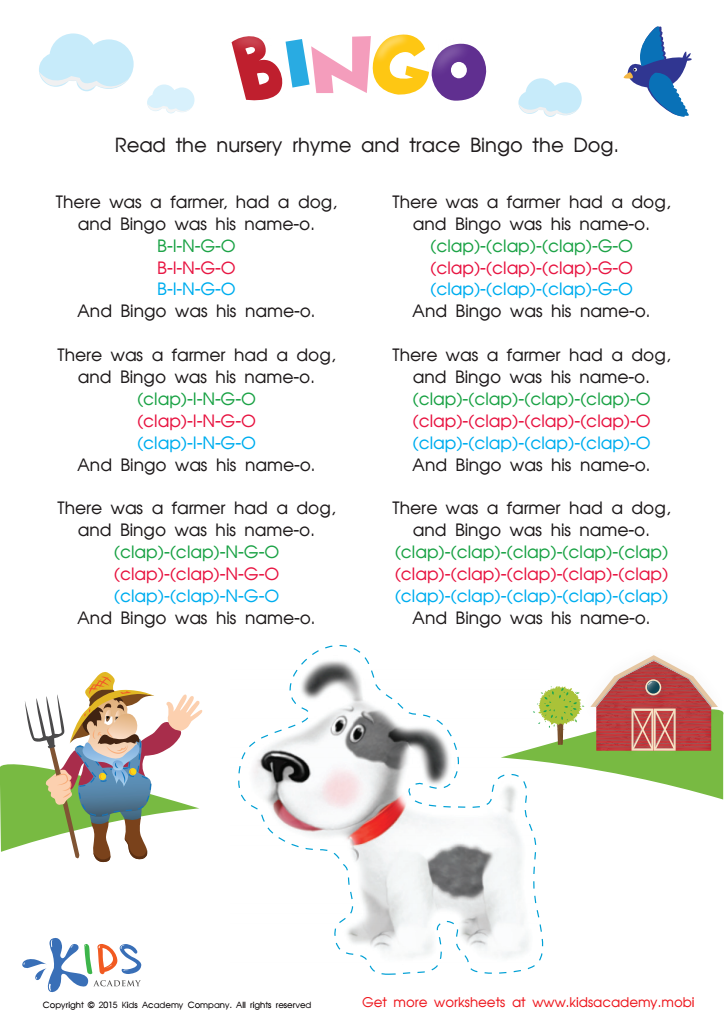

Nursery Rhymes: The Bingo Song Worksheet
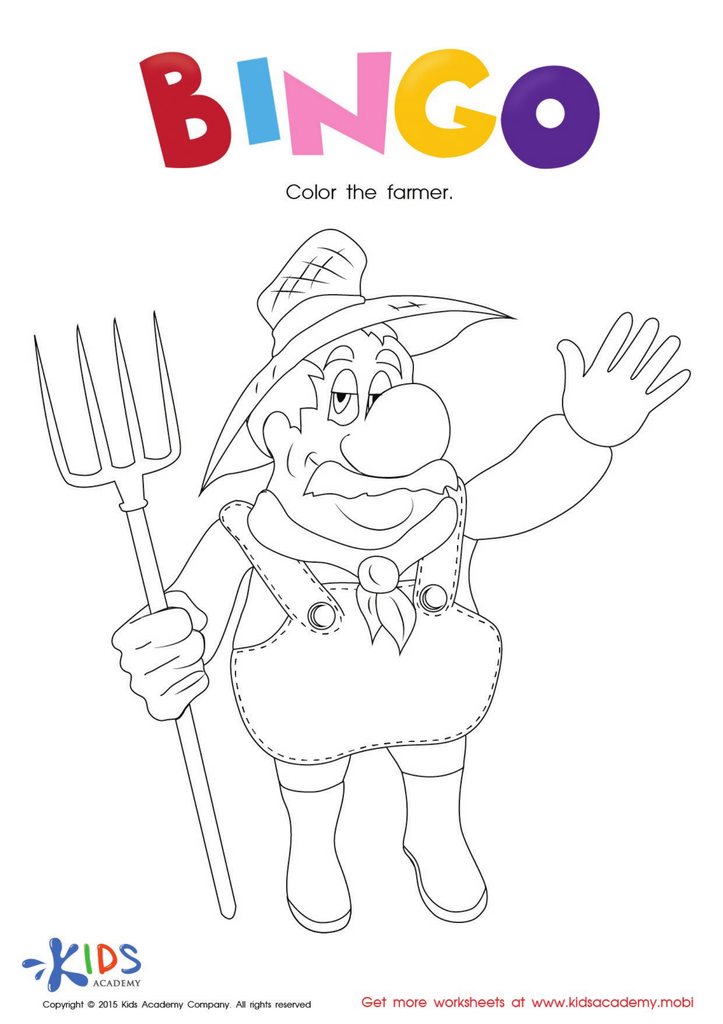

The Bingo Song: Coloring The Farmer Worksheet
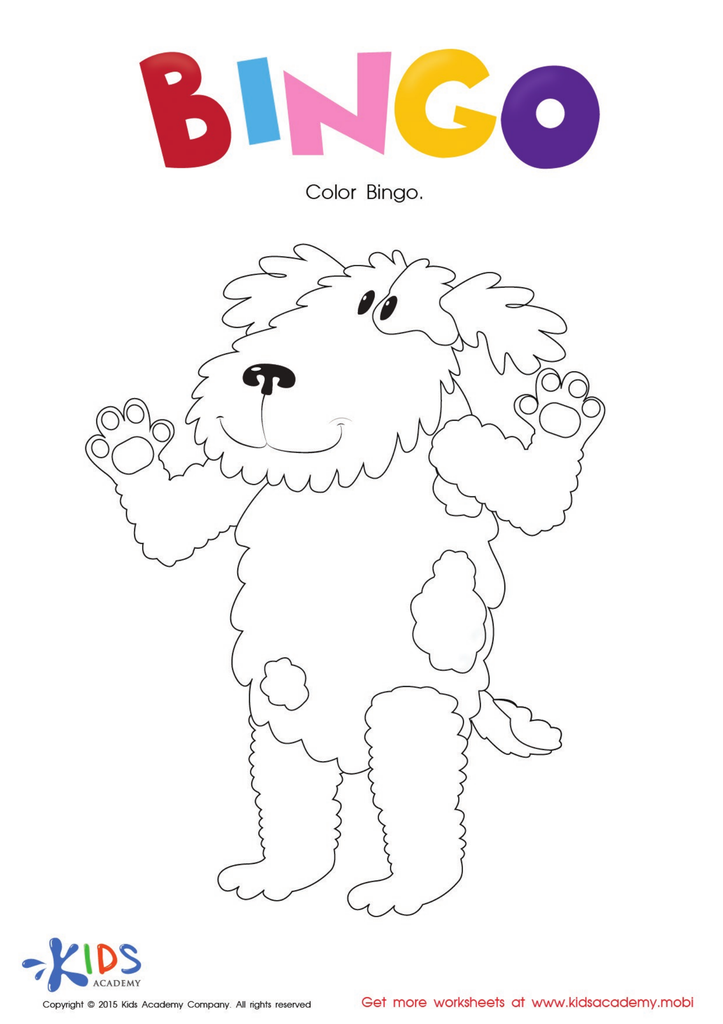

The Bingo Song: Coloring The Dog Worksheet
Nursery Rhymes Worksheets: The Ultimate Learning Tool for Kids
Nursery Rhymes Worksheets - The Fun Way to Learn
Nursery rhymes are an excellent way to introduce children to language and to help them build their vocabulary skills. Children naturally love hearing catchy tunes, singing along, and reciting rhymes. Nursery rhymes are perfect for young children because they are short, simple, and often contain a memorable rhythm. The purpose of nursery rhymes worksheets is to make learning these traditional rhymes even more fun and effective.
As a parent or teacher, you may wonder how nursery rhymes can be used to help children learn. The answer is simple - by creating nursery rhymes worksheets that encourage children to participate in hands-on learning activities. These activities focus on reading readiness, phonics, language skills, and math exercises, which are all critical elements of early childhood development.
One of the many advantages of using nursery rhymes worksheets is that children can learn new vocabulary words through repetition and practice. These worksheets include a variety of activities such as word searches, crossword puzzles, and fill-in-the-blank exercises. These fun and interactive activities help children to develop essential language skills such as word recognition, spelling, and sentence structure.
Another advantage of using nursery rhyme worksheets is that it encourages children to build their critical thinking and problem-solving skills. Children are asked to decipher codes, solve riddles, and untangle mazes, all of which require them to use their logic and reasoning abilities. This type of activity promotes cognitive development and helps to enhance their overall cognitive skills.
Nursery rhyme worksheets are also an excellent source of phonics exercises, which are essential for learning how to read. Phonics is the method of teaching children to associate sounds with letter symbols. It is a crucial component of early reading development. The worksheets can have different activities such as sounding out words, matching sounds to words, and sorting out beginning and ending sounds. All of these activities help children to build their phonics skills and prepare them for reading.
Math skills are another important aspect of early childhood education. Preschool nursery rhyme worksheets can help children learn basic math concepts such as counting, addition, and subtraction in fun but simple ways. These worksheets can include activities such as counting the number of animals in a nursery rhyme, finding the total of different objects, or sequencing activities that reinforce counting skills.
In conclusion, the use of nursery rhymes worksheets can help young children build their cognitive, language, math, and problem-based learning skills in a fun and interactive way.

 Assign to the classroom
Assign to the classroom




.jpg)

